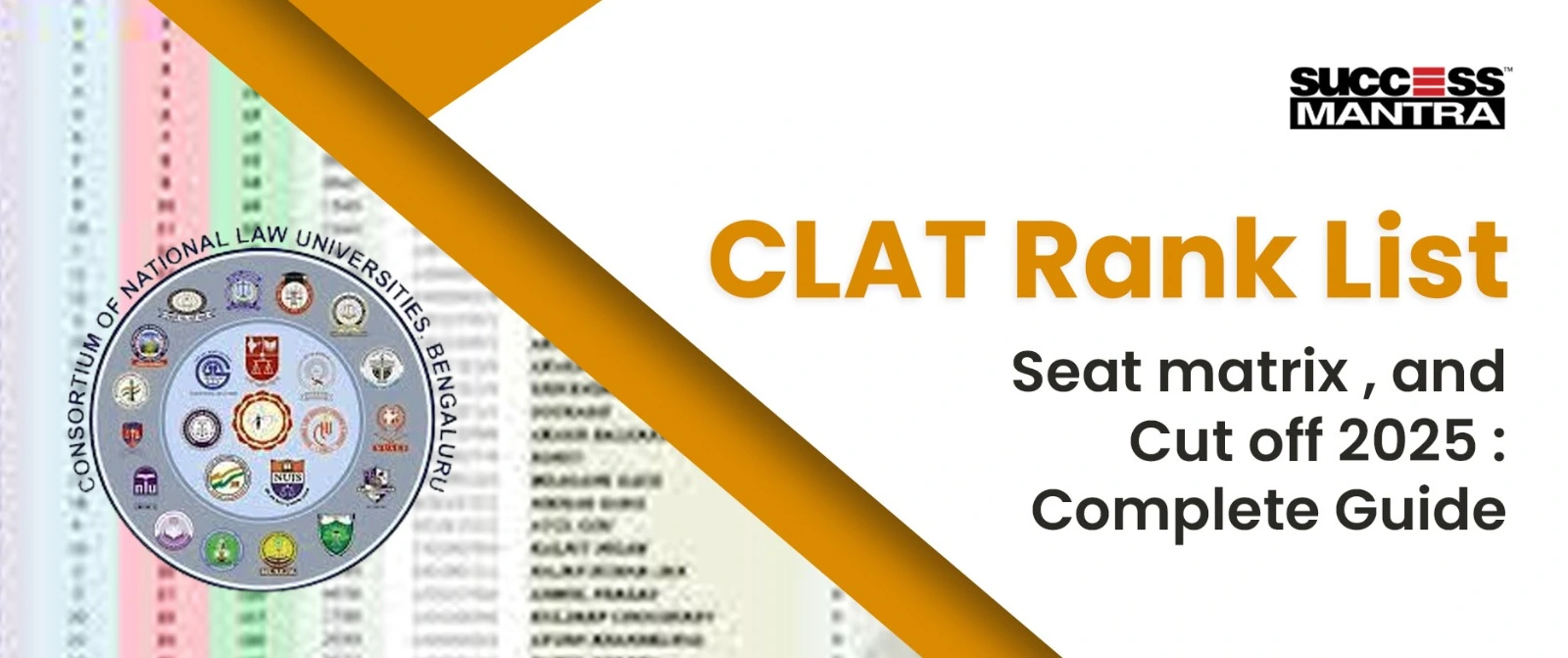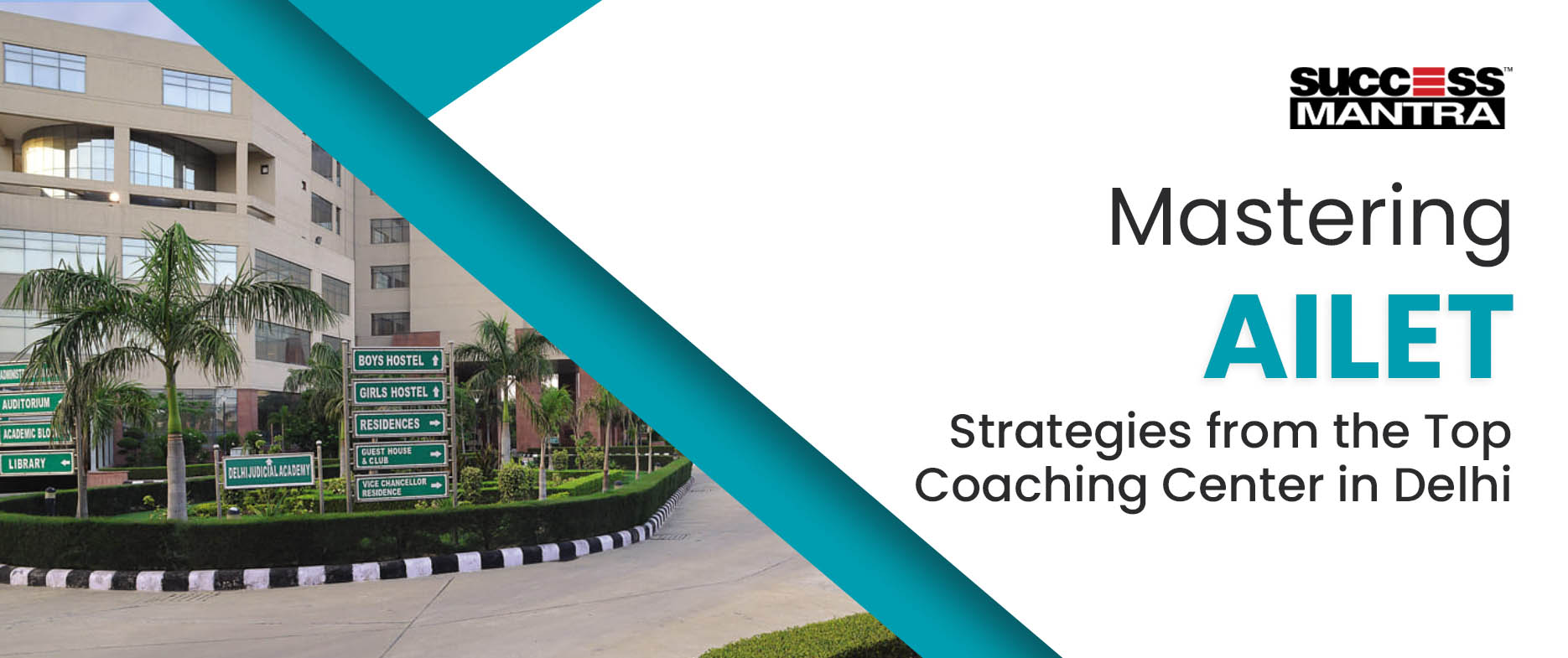GK COMPLETE STUDY NOTES ON HISTORY
HISTORY
Ancient India
| Indus Valley Civilization | This is the oldest civilization of India which flourished on the banks of the river Indus. Some important sites associated with this civilization are Harappa, Mohenjodaro, Kalibangan, Lothal etc. |
| Vedic Period (1500 – 600 BC) |
i. There were four Vedas –
i. Rig Veda (oldest Veda)
ii. Sama Veda (deals with music)
iii. Yajur Veda (deals with sacrifices, rituals)
iv. Atharva Veda (deals with medicines)
Upanishads were the source of Indian philosophy and theology.
Manu smirti was the book written by the great law giver, Manu and it dealt with laws of inheritance, duties of the kings and the subjects etc.
|
| Alexander | Alexander, the son of Philip of Macedonia (Greece) invaded India in 326 BC. |
| The Mauryan Empire (321- 289 BC) | It was founded by Chandragupta Maurya, who was succeeded by his son Bindusara. Kautilya/ Chanakya was a minister of Chadragupta who wrote Arthashastra, a brilliant treatise on statecraft. Megasthenes was a Greek Ambassador to Chandragupta Maurya’s court who wrote the book Indica describing the Mauryan dynasty. |
| Gupta Dynasty (320-550 AD) | Chandragupta I, Samudragupta and Chadragupta II were important rulers during this dynasty. Fahein, the Chinese traveler visited India during the rule of Chandragupta II. |
| Harshavardhana (606-647 AD) | He was the last Hindu king of northern India. The Chinese traveler, Hieun Tsang visited India during his reign. Banabhatta was a court poet of Harshavardhana who wrote Harshacharita. |
Medieval India
Delhi Sultanate (AD 1206 – 1526)
This was the beginning of Muslim rule in India.
Slave Dynasty as founded by Qutub-ud-din Aibak and Iltutmish was a prominent ruler of this dynasty. Razia Sultan, the only woman ruler of India acceded to the throne of Delhi in 1236 AD.
Khilji Dynasty (AD 1290-1320) was established by Jalal-ud-din Khilji. This was followed by the Tughlak Dynasty founded by Ghiasuddin Tughlak. The famous African traveler, Ibn Batuta visited India during this period. The Lodhi Dynasty was founded by Bahlol Lodhi.
Mughal Dynasty
With the decline of the Delhi Sultanate, Mughal Dynasty was established in India. Some of the important rules of Mughal Dynasty are –
| Babur | Babur defeated Ibrahim Lodhi in the first Battle of Panipat in 1526 and founded the Mughal Dynasty. |
| Humayun | He was succeeded by his son, Humayun. Humayun lost to Sher Shah Suri. |
| Sher Shah Suri | Sher Shah Suri issued the coin ‘Rupia’ and built Grand Trunk Road linking Peshawar to Calcutta. |
| Akbar | Akbar, son of Humayun consolidated the Mughal Empire. His tutor Bairam Khan was his regent. Akbar started a new religion Din-e-Ilahi. The second battle of Panipat was fought between Bairam Khan / Akbar and Himu. Akbar defeated Rana Pratap in the Battle of Haldighati in 1576. |
| Jehangir | Jehangir was the son of Akbar (named Salim). He married Mihru-un-nisa and she was given the title ‘Nur Jahan.’ The East India Company established its first factory in India during the reign of Jahangir. |
| Shah Jahan | The Mughal Empire reached the pinnacle of its glory during Shah Jahan's reign and he is widely considered to be one of the greatest Mughal emperors. |
| Aurangzeb | He imprisoned his father, Shahjahan and was crowned under the title Alamgir. He was a Muslim fanatic and destroyed several Hindu temples during his reign. |
| Bahadur Shah Zafar | He was the last ruler of the Mughal Empire. |
Modern India
Time-line of events during British India
| Year | Event |
| 1780 | First Newspaper published in India - Bengal Gazette by James Augustus Hickey. |
| 1857 | First War of Independence. An Indian sepoy, Mangal Pandey killed two British officers on parade. |
| 1885 |
Formation of Indian National Congress by A.O Hume.
First session held in Bombay
First President– W.C Banerjee
First Muslim President – Badruddin Tyabji
First woman President – Annie Besant
First Indian female President – Sarojini Naidu
First European President – George Yule
|
| 1905 |
Partition of Bengal to create a new province of East Bengal.
Launch of the Swadeshi Movement were foreign goods were burnt in bonfires.
|
| 1906 | Muslim League formed. |
| 1909 | Morley Minto reforms introduced separate electorates for Hindus and Muslims for the first time |
| 1911 | Capital of India shifted from Calcutta to New Delhi |
| 1915 | Annie Besant started a Home Rule Movement in India inspired by Irish rebellion. |
| 1919 | Rowlatt Act was passed giving government unbridled powers to arrest and imprison suspects without trial. Jalliyawallah Bagh massacre in Amritsar on the orders of General O'Dwyer |
| 1920 |
Khilafat Movement – During the first world war, two brothers Mohammed Ali and Shaukat Ali launched an Anti-british movement.
Mahatma Gandhi launched the non-co-operation movement – surrender of titles, refusal to attend government work etc.
|
| 1922 | After Gandhiji called off the civil disobedience movement, Motilal Nehru, C R Das and N C Kelkar organized the Swaraj Party to enter into legislative councils by contesting elections. |
| 1929 | Indian national Congress, Lahore session adopted the resolution for Poorna swaraj / Complete Independence under the presidentship of Jawahar Lal Nehru. |
| 1930 | Mahatma Gandhi launched the salt Satyagraha / Dandi March from Sabarmati Ashram. |
| 1935 | Government of India Act |
| 1942 |
Quit India Movement
Subash Chandra Bose formed the Azad Hind Fauj/ Indian National Amery in Singapore to force Britishers out of India.
|
| 1947 | Mountbatten Plan and Partition of India |
| 1948 | Sir C Rajagopalachari became the first and only Indian Governor General of India |
Personalities and their popular names
| Name |
Title/ Nickname
|
| Adolf Hitler | Fuehrer |
| C F Andrews | Deenabandhu |
| Dadabhai Naoroji | Grand Old Man of India |
| Erwin Rommel | Desert Fox |
| Florence Nightingale | Lady with the Lamp |
| Jayaprakash Narayan | Loknayak |
| Napoleon Bonaparte | Little Corporal |
| Otto von Bismark | Man of Blood and Iron |
| Sarojini Naidu | Nightingale of India |
| T Prakasam | Andhra Kesari |
| Tenzing Norgay | Tiger of Snows |
| Sir Walter Scott | Wizard of the North |
| William Gladstone | Grand Old Man of Britain |
| William Shakespeare | Bard of Avon |














